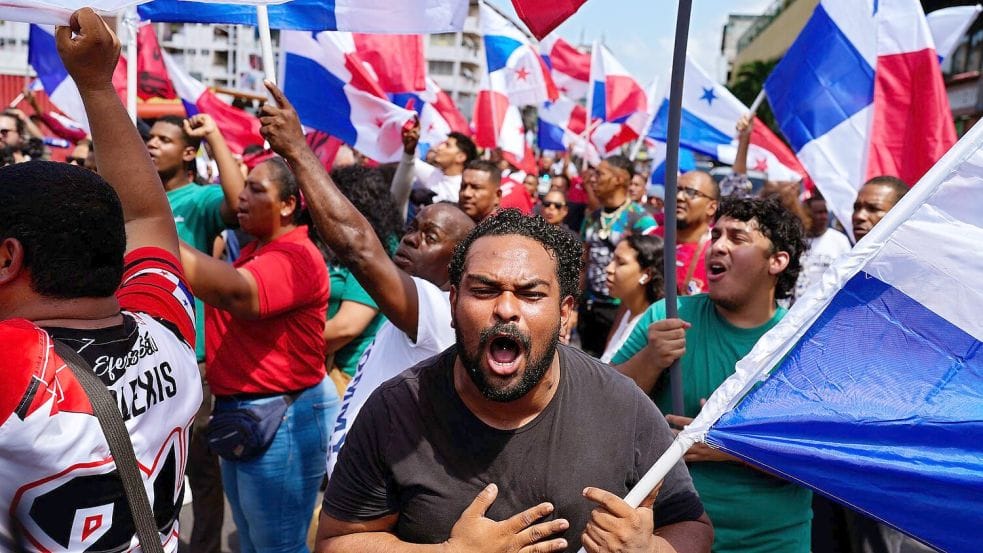The release of three Israeli hostages and 90 Palestinian prisoners signals the tentative start of a ceasefire in Gaza, bringing a pause to the recent hostilities. This significant development comes after weeks of intense conflict and follows extensive negotiations between involved parties, with international mediation playing a crucial role in facilitating the agreement. The exchange, which took place on Friday, marks a crucial step in what is hoped will become a more lasting peace, even though challenges to the agreement are still possible.
The released Israeli hostages had been held captive in Gaza, their capture further exacerbating tensions in the region. The details of their abduction have been kept relatively private, as officials have made it a priority to ensure their safe return and subsequent reintegration into their lives. The focus has been to prevent additional trauma to these individuals and their families, as well as to ensure that privacy is respected. The identities of the hostages have not been publicly released to avoid causing any further stress to those involved.
On the other side of the exchange, 90 Palestinian prisoners were released from Israeli detention facilities. The prisoners were of varying backgrounds and had been detained for a variety of alleged offenses. The release of these individuals was a key demand of the negotiating parties to bring about a ceasefire. The Palestinian Authority, as well as humanitarian organizations, are currently involved in the processing and support of the released prisoners. This includes verifying their identities and family contacts to facilitate their transition back to their families and communities.
The ceasefire, which was announced earlier, has been largely respected in the immediate aftermath of its commencement. However, both sides have remained cautious, with the possibility of renewed fighting remaining a very real concern. International monitoring teams have been deployed to track any potential violations of the truce, but it remains a very fluid situation. The exchange of hostages and prisoners took place during a period of heightened tensions and deep distrust, making the process even more complex. The successful implementation of the agreement required an extensive degree of cooperation and trust which had previously been strained by the recent escalation in the conflict.
The details regarding the nature of the ceasefire itself, including the duration and the specifics for future actions, remain complex. This initial exchange was seen as a first and necessary step, but further agreements are necessary to solidify a lasting peace. The international community has called for both sides to respect the agreed terms of the truce, while also working to bring about more long-term solutions to the conflict. Humanitarian aid organizations are now using the space provided by the ceasefire to deliver much needed supplies and to provide relief to those who have been heavily affected by the recent conflict.
The complexities of the region and the deeply entrenched divisions make any efforts to create a long-term peace challenging. This first exchange of hostages and prisoners was a very significant achievement, and it also represents a new opportunity for both parties to work together in good faith. Maintaining a lasting ceasefire will require a willingness to engage in continuous dialogue, not just on the part of the opposing sides, but also the involvement of international partners, too.
The long-term implications of this exchange are not yet entirely clear, and will depend on how future negotiations unfold. For now, the focus is on securing a safe environment for civilians and in supporting the needs of those who have been displaced by the conflict. The international community has expressed its hope that this initial agreement will lead to a more substantive and lasting agreement, but it recognizes the complex issues which still need to be solved. The next few days and weeks will be critical in determining the future direction of the conflict, and the people of the region remain deeply affected by the current situation, and look to a future of peace and stability.


